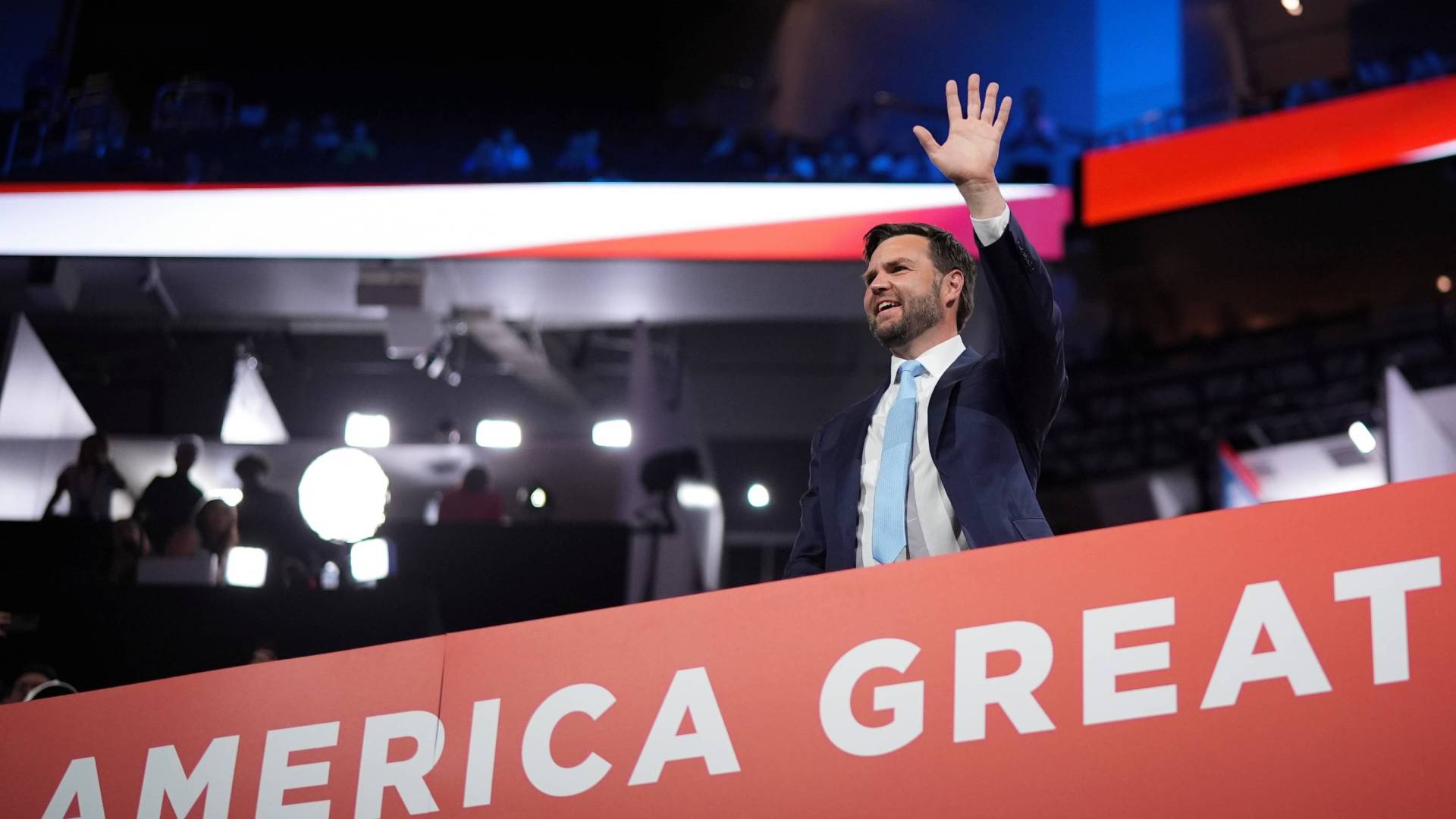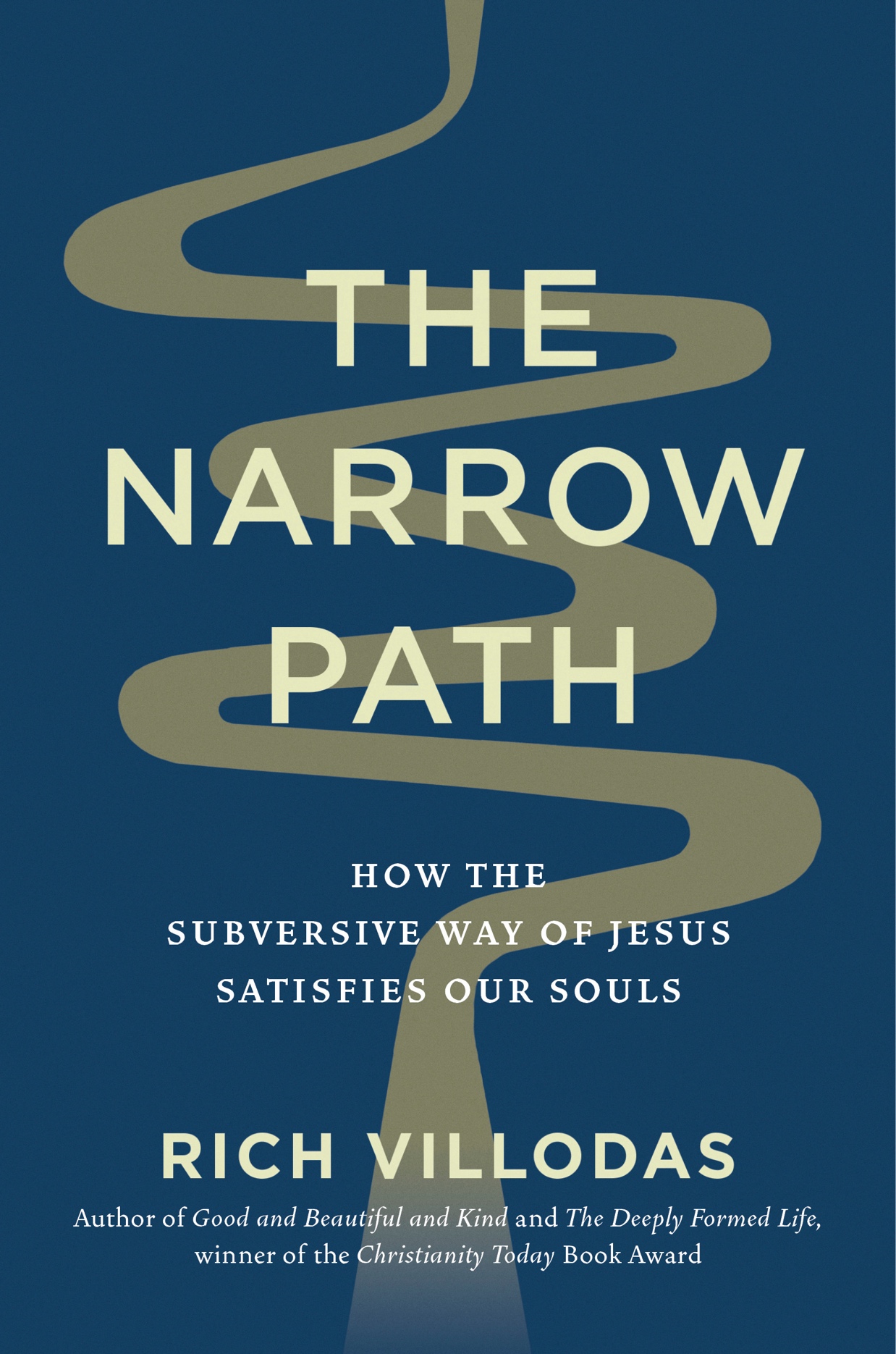This piece was adapted from Russell Moore’s newsletter. Subscribe here.
With Election Day 2024 in sight, I can make one bold prediction: Your party is not going to win.
You might challenge me on this, saying, “But, RDM, you don’t know what party I, the reader, support.” That’s true—but I stand by my forecast. That’s because no matter what party wins the presidency, the Congress, or the state houses this November, no one is going to win.
I do not mean, of course, that one party or other won’t see its candidate in the Oval Office come January, or that we won’t see people being sworn in as members of Congress, senators, governors, and all the rest. That kind of winning will happen, as it always does. What I mean is that no one is going to win the way too many of us define winning in this strange era.
In his new book American Covenant: How the Constitution Unified Our Nation—and Could Again, Yuval Levin points out a dangerous illusion of the present: the notion that after one decisive victory, whoever is “on the other side” will go away and will not need to be accommodated.
In truth, Levin argues, American life is pulled in two directions: toward what could be called “conservatism” in one direction and “progressivism” in the other. Those visions look different in different times—and, often, the two sides swap out on specific policy positions—but the basic tension is always there.
This is because, Levin writes, any group of human beings is going to have disagreements. A constitutional order doesn’t eradicate those disagreements but instead structures a careful balance between majority rule and minority rights.
Levin argues that one of the reasons—with some exceptions, of course—that local and state politics tend to be less toxic than national presidential elections is that, usually, those debates tend to be about issues more immediately recognized as practical—what roads get paved, what hospitals get funded—and thus “lend themselves better to bargaining and accommodation.”
At the national level, though, our candidates and our parties aren’t as much about specific issues as they are about tribal identity. Even when motivated by grievance and resentment, as national politics now are, the grievances and resentments are about far different things than, say, the issue of free silver in the William Jennings Bryan era or corporate monopolies in the Theodore Roosevelt era. What this leads to, Levin contends, is the current situation—in which presidential elections become about “political expression” rather than “civic action.”
When we peel down below issues of national scope, we often find that the fundamental problem is not that the “other side” isn’t going to accomplish what we want but that the other side exists at all. With that in mind, we can assume that this one election will put all that aside, and that those people, whoever they are, now permanently defeated and humiliated, will go away. But this is not true.
In his book Democracy and Solidarity, political scientist James Davison Hunter identifies this very dynamic as a culture logic that seeks not specific policy goals but something much bigger: recognition and status and identity.
When that isn’t achieved, we poison ourselves with fantasies that one day—maybe right now—we will finally enact revenge on those who have injured us by not conferring the status we believe we deserve. We want to find our own identity in the kind of “negative solidarity” that unites against a common oppressor. We start, then, to assume that every election is working toward a post-election reality where, as the old hymn puts it, “every foe is vanquished.”
In that kind of world, Hunter argues, in which the sense of status cannot ever be wholly fulfilled, the injury must be constantly emphasized. “Take away the injury, take away its cause, take away the revenge it seeks, and both meaning and identity for the aggrieved dissolve,” he writes.
If what we are seeking is not civic action but status, then outrage becomes authority. This quest for moral worth, status recognition, and self-esteem lends itself to precisely the kind of reality-television identity politics that we see right now.
This becomes a cycle. The more we expect of our politics to express who we are, the less we expect our politics to actually do. That kind of politics, after all, is going to result every time in what we’ve seen over the past 15 years: narrow majorities that teeter back and forth between the parties. Big goals—a New Deal, a Cold War victory, a moon landing—seem out of touch, so we replace those goals with what Hunter calls “millennialism.”
Millennialism is, of course, not a political doctrine but a theological one, rooted in the Book of Revelation’s language of a thousand-year reign of Christ and his people. From the very beginning, Christians have argued about what that means—is it a present reality in heaven or a future expectation after the reign of Christ, or something else? History shows that when those sorts of messianic expectations bubble up without the presence of the actual Messiah, they lead, at worst, to bloodshed—and, at best, to disillusionment and disappointment.
If Joe Biden (or whoever the Democratic nominee turns out to be) wins, the Trumpists and whatever passes for the “right” these days will still be here. If Donald Trump is elected president, the “left” will still be around. Whatever your political views, you can’t have your millennium unless half the country is Raptured.
In his forthcoming book One Lost Soul: Richard Nixon’s Search for Salvation, CT news editor Daniel Silliman looks at the 50th anniversary of the resignation of Richard Nixon through the grid of Nixon’s lifelong quest for approval.
Nixon’s father, Silliman recounts, ran a general store in what used to be a church, hollowing out the steeple so he could sit and survey the store from there, yelling criticisms at his son to work harder, do better. Silliman demonstrates how Nixon sought security throughout his life in the approval of the voters who would send him to office, in Dwight Eisenhower as a father figure, and in his own triumph over the “elites” from Harvard and Yale who had looked down on him.
Silliman argues that the reason we even have the Watergate tapes is because of that drive for approval. Who, after all, would record the audio of every single moment in the White House? Silliman compares Nixon’s motivation to the old Jack Chick tracts, “This Was Your Life,” in which, before the judgment seat, the sinner sees his entire life replayed in front of everyone (this tract terrified me as a child).
“Nixon had a similar fantasy—a complete recording, everyone on tape from his time in the White House,” Silliman writes. “But in his version, he thought, he would not be condemned but justified.” With a record of his accomplishment as president, he could prove that he had done a good job, that he was worthy of existing, that he was a great man.
The tapes, of course, did the opposite. They showed him to be exactly what he feared people would think he was: crooked, dishonest, a failure—the first president in history to be forced to resign.
Nixon was driven by the wrong things. He expected too much, and public opinion could never love him back. Politics could never be a judgment seat that could justify his life. In this moment in history, we expect something very similar out of our politics: a vindication of who’s right and who’s wrong, a separation of the sheep from the goats, a final and definitive victory.
If that’s what we think winning is, none of us will win. We will just descend more and more into resentment and outrage. We will turn on those we counted on to give us what they never could, or we will seethe in our fantasies of “next time,” when we (this time for sure!) will get that ultimate win.
That’s not what winning is. Until we lose that expectation, we will keep losing—not just as a republic but as people whose lives are meant to be about much more than keeping score.
No one will win this election, ultimately. No one will lose this election, ultimately. Maybe we should ask whether we are seeking something where it can never be found, and ask ourselves whether we should be looking Somewhere else.
Russell Moore is the editor in chief at Christianity Today and leads its Public Theology Project.














































